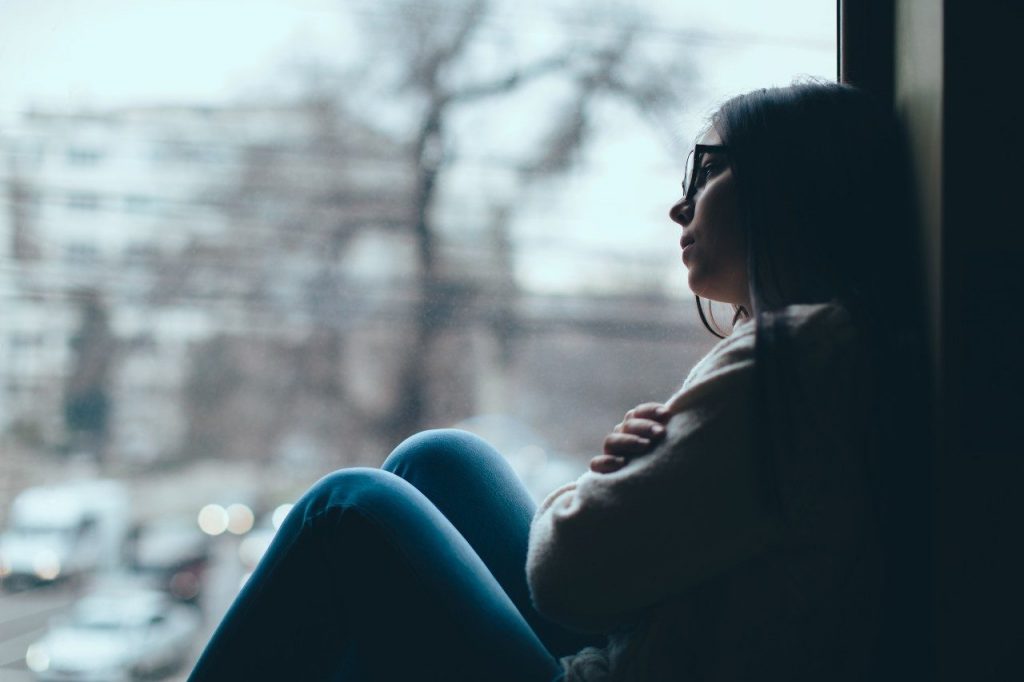What is Seasonal Affective Disorder

Have you noticed an increase in energy with spring around the corner? The days are getting longer and the temperatures are starting to get warmer. It is not uncommon to start to feel more energized, hopeful and happy. Prior to spring, the winter season may feel long and dreadful for some people. The short, dark and cold days may stir up feelings of sadness or anxiety. It is normal to feel a little down during colder months, sometimes even referred to as the “winter blues.” But, did you know that there is a type of depression that is triggered by a change in seasons, usually when fall starts? Statistics suggest that about 5% of adults in the United States of America experience Seasonal Affective Disorder (SAD). SAD may also be referred to as seasonal depression. While most of the time, symptoms of depression begin in the late fall to early winter months it is possible to have symptoms of depression begin in late spring to early summer, although not nearly as common. Unlike the normal occasional “winter blues”, SAD greatly affects and impacts daily life in a negative way. Some of the most common symptoms include: sadness, depression, anxiety, feelings of hopelessness, loss of interest in usually pleasurable activities, fatigue, and sleep concerns. The symptoms typically last 6 or more weeks.
What Causes Seasonal Affective Disorder?
There are a few theories about what might cause seasonal depression.
- Circadian rhythm change: When there is less sunlight, the biological clock shifts. This internal clock regulates mood, sleep and hormones. When the circadian rhythm is off schedule, it may have a huge impact on your overall well-being.
- Brain Chemical Imbalance: Sunlight controls the levels of molecules that help maintain normal serotonin levels. For some people, this regulation does not function properly resulting in decreased serotonin levels in the winter. In addition, findings suggest that people with SAD produce too much melatonin, which might increase fatigue and impact sleep.
- Vitamin D Deficiency: Vitamin D is believed to promote serotonin activity. With less daylight in the winter, people with SAD may have lower Vitamin D levels, which may further hinder serotonin activity. Serotonin is thought of as a natural mood stabilizer, so it is an important component to emotional and mental health.
Treatment for Seasonal Affective Disorder
- Light therapy: This is a type of therapy that uses a bright lamp to help with exposure to light. The light is about 20 times brighter than regular indoor light, which can help regulate natural cycles.
- Medication: Medication may help balance neurotransmitters within the brain.
- Neurofeedback: Neurofeedback works at the electrical level to reinforce healthy brain functioning.
- Spending time outside: Getting more sunlight can help improve symptoms by exposure to natural light as well as exposure to the sun to increase Vitamin D.
- Talk Therapy: Often times, people with seasonal depression have stress, anxiety, and negative thoughts about the season. Cognitive Behavioral Therapy ( CBT) is an effective way to rewire the brain into a more positive mindset, which is likely to increase overall mood.
If you notice yourself having a harder time as the season changes, you are not alone! Reach out to Mountain Vista Psychology and we will help you navigate through the challenges the changes. https://www.mountainvistapsychology.com/
Schedule a FREE Consultation
We believe in an integrative and holistic approach to help you make the changes you want. Contact us now to schedule an appointment or to request a 20 minute free phone consultation. During this session, you will be invited to share your story and ask any questions you may have.
Recent Articles
Identifying Different Parenting Styles
Much like everything in life, there are differences in the way people parent their children. People often want to know…
Signs Someone You Love May Be Hiding Depression
Depression can be scary for many people. Depression can make individuals feel as though they are losing control over their…
Fighting the Good Fight with Couples Therapy
Tension and conflict are normal and even healthy parts of any relationship. Sometimes, tension and conflict work out by itself.…
What Is Family Therapy?
In any family, it is normal to have a certain level of conflict. In fact, conflict might even be healthy…





